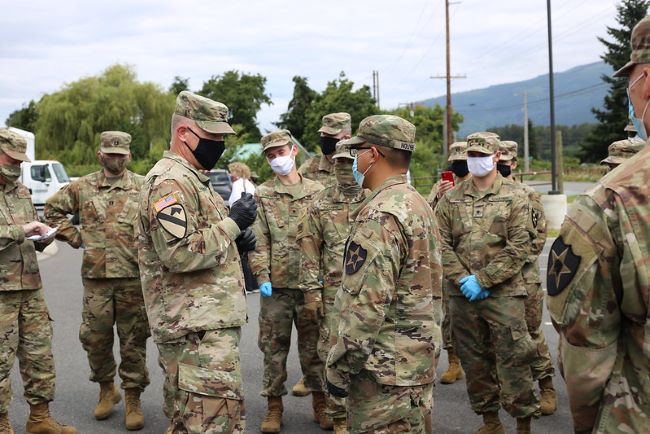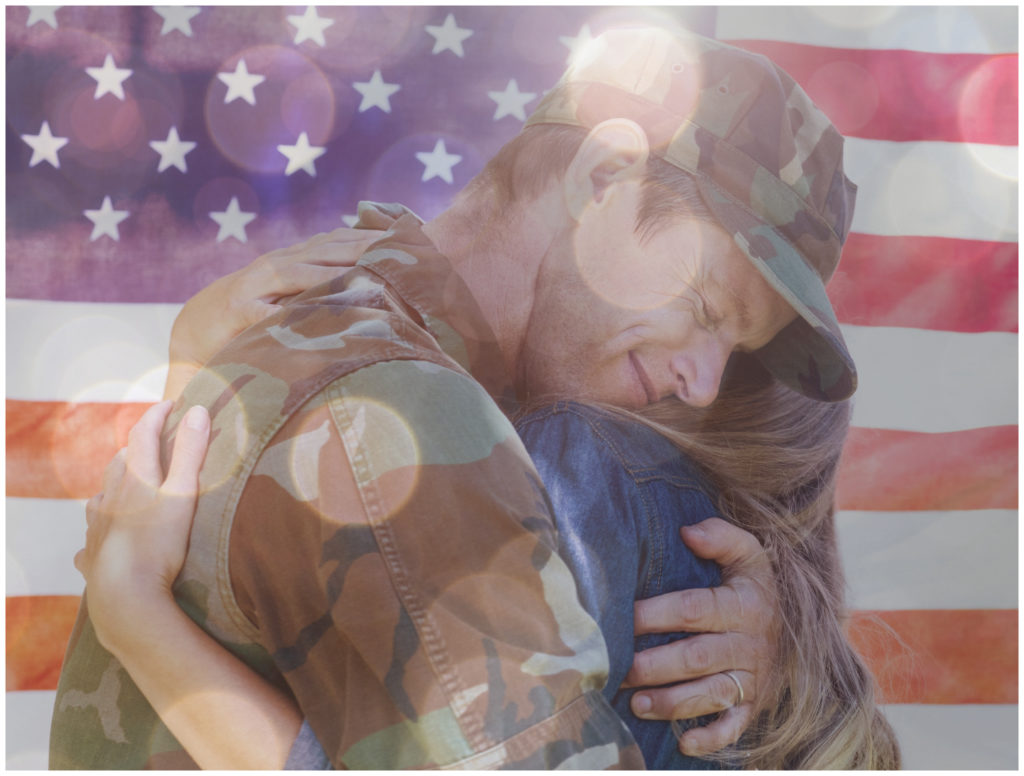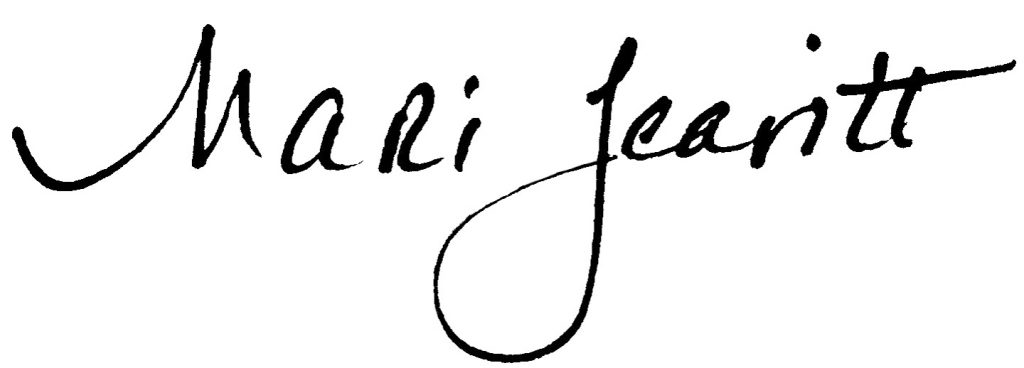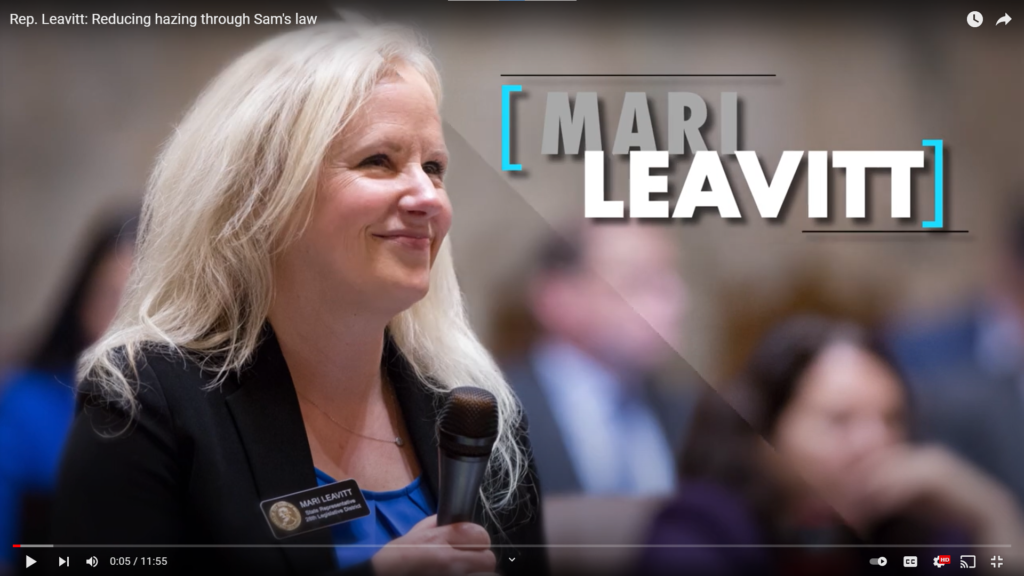Friends and Neighbors,
Last week was the house of origin cutoff, which means bills must be passed and sent to the other chamber to still be alive. I am fortunate to have five bills that can still become law and I wanted to give you an update on that legislation.
Preventing Hazing
During the interim, I heard from numerous parents about how devasting hazing is. The parents of Sam Martinez had no clue how prevalent hazing was, nor did they expect to lose their son as a result of that hazing. Earlier this session, I interviewed Sam’s parents about this topic.
I am honored to have introduced House Bill 1751 to establish prevention and educational and reporting requirements which will address the problem of hazing on college campuses. Increasing transparency and accountability is the best way to reduce hazing and hazing-related incidents and I am encouraged by the progress this legislation is making. In fact, the Senate committee passed the bill as well and now it is moving towards the Senate Floor.
Workforce Training for National Guard Members

Photo Credit: Washington National Guard
Our National Guard members do so much for our state. True, they protect us by fighting overseas when called upon, but they do so much more. They help our neighbors clean up from natural disasters like floods and wildfires. Our National Guard has also been vital in serving at food banks to get nutritional meals out to children and families and helping us fight the COVID-19 pandemic, lending much-needed capacity during the height of the pandemic.
I feel that we must do what we can to help out our neighbors serving in the National Guard. That is why I am glad that we were able to send House Bill 1642 to the Senate. This important legislation makes college and workforce training more affordable for WA National Guard members by expanding the Washington National Guard Post-Secondary Grant and increasing access to the program.
Supporting Abuse Victims Who Flee
Another priority of mine this session was to help survivors of abuse or sexual assault flee their abuser by diminishing their financial hardship caused by the need to flee. So, I introduced House Bill 1593, which allows landlords to get state compensation for damaged property when tenants must flee because of domestic abuse, sexual assault, stalking, or harassment.
Survivors should be able to get away from their abusers without worrying about losing their deposit or being stuck with other housing costs, which would compound their challenges by adding in additional financial crises.
Protecting Our Vulnerable Neighbors During Extreme Weather Events
In the last few years, we have all faced excessive heat, floods, or toxic wildfire smoke. For those of us fortunate enough to be in good health and who have shelter to mitigate the effects of these events, these events are challenging but not life-threatening. Unfortunately, for the elderly or those without housing, these events can be life-threatening.
This is why House Bill 1620 is so important. It tasks the Emergency Management Division with creating a grant program that will help local communities create resources to keep the most vulnerable safe during extreme weather events. These resources likely include temporary shelters that allow people to get in out of the cold, heat, or smoke so they are not at greater risk of death or significant illness.
Stopping Scammers and Unwanted Solicitation
Finally, I cannot think of anyone who likes getting unwanted scam calls, texts, or emails. These contacts are frustrating and put our comfort and financial stability at risk. House Bill 1650 protects folks from unwanted commercial solicitation and fraud by expanding the powers given to the Office of the Attorney General to identify and hold bad actors accountable.
Helping Vulnerable College Students
One of the biggest hurdles for college students experiencing homelessness or foster care is paying for basic needs that often aren’t covered by grants or scholarships. This makes earning a degree or certificate amplifies generational poverty. That is why I am so glad the policy from House Bill 1601 is fully funded in our proposed operating budget. This will ensure that vulnerable students have their basic needs met by providing students experiencing homelessness or foster care with housing programs and other critical services at all community and technical colleges.
Suicide Prevention Resources for Veterans and Military Members

Military service members, veterans and their families are much more likely of being affected by suicide because veterans have a 52% greater likelihood of trying to take their lives than civilians who haven’t served. Even though veterans only make up 7 percent of Washingtonians, they represent 19 percent of all suicides in the state.
Nearly 1,000 veterans have died by suicide in our state over the last five years.
We are doing something to reduce that statistic. Earlier this session, the House unanimously passed HB 1181 to advance programs to help prevent suicide among Washington’s veterans and military members. You can find out more about the bill here.
This bill is about saving lives by empowering the Department of Veterans Affairs (DVA) to provide an online database to serve members and veterans with mental health and suicide prevention resources.
I cosponsored this measure because the 500,000 veterans who call Washington home – the men and women who have defended our rights and protected our freedoms – deserve the attention and resources they need to help them cope. It is the least we can do to acknowledge their service and sacrifice.
We still have a lot of work to do on infrastructure, the economy, and helping our most vulnerable neighbors. However, I am glad to see that these solutions are making steady progress on their path to becoming law. We must stand together and do what we can to improve the lives of everyone in our community. That is what it means to be #28thdistrictstrong.
It is an honor to serve you,

Rep. Mari Leavitt

